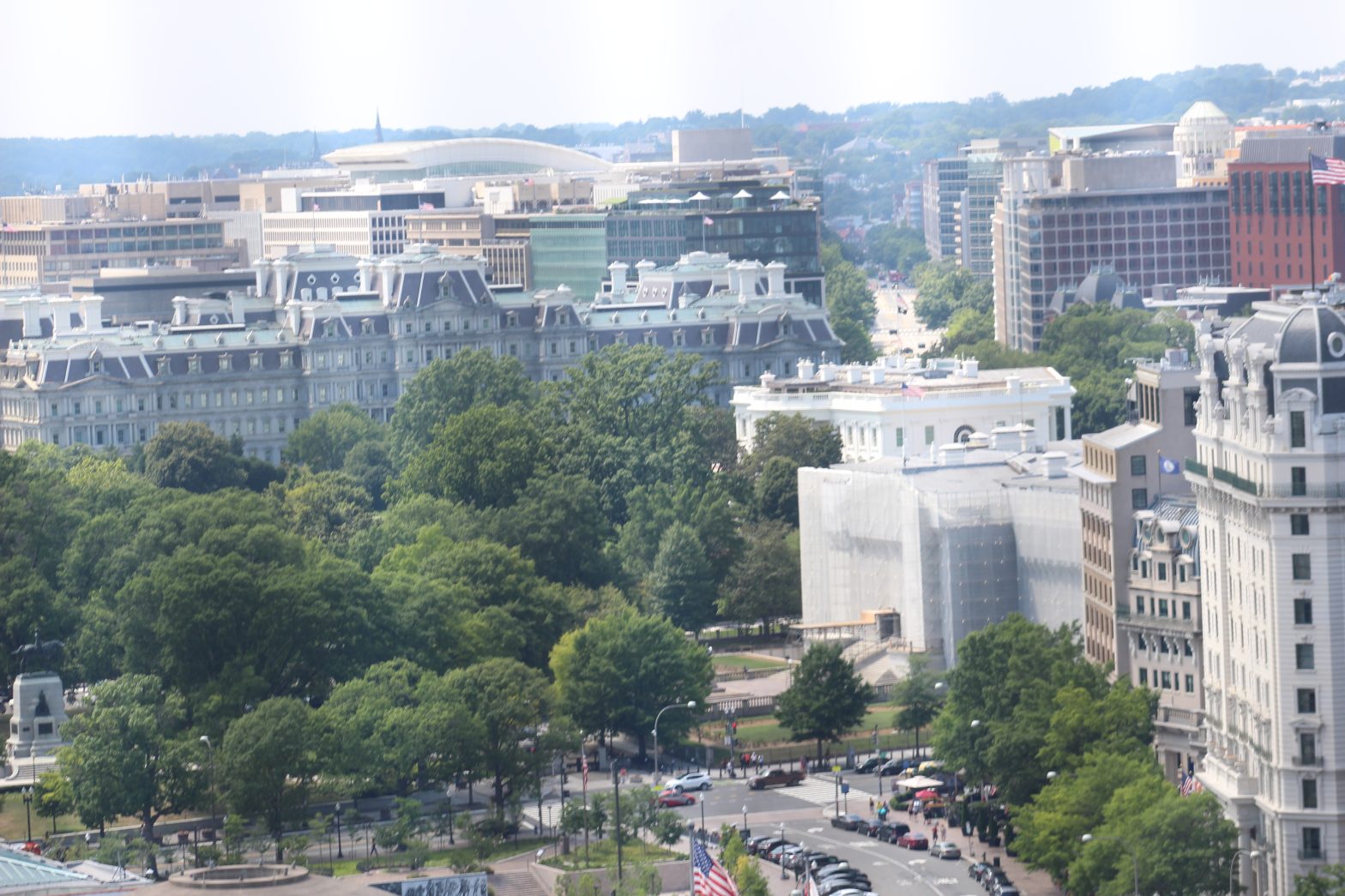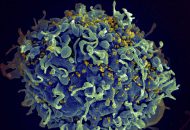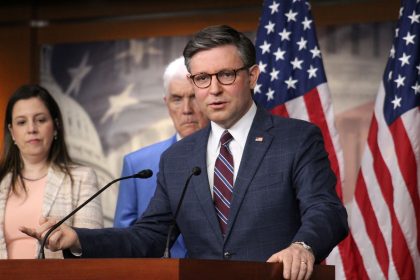House Republicans Seek to Abolish Authority for DC’s Home Rule

WASHINGTON — Three House Republicans propose turning over government in the District of Columbia to a congressional committee rather than letting local officials make policy decisions.
Their bill, introduced last week, is largely a move that seeks a federal solution to rising crime rates after persistent failures by D.C. law enforcement authorities. The city is on track to its highest homicide and crime rate in more than two decades.
The legislation would repeal the 1973 Home Rule Act that gave Washington an elected mayor and city council.
Although the bill led by Rep. Andrew Ogles, R-Tenn., stands little chance of succeeding, it is emblematic of growing hostility between the D.C. government and its overseers in Congress.
“The nation’s capital has been overrun with violent crime, drugs, theft, homelessness and riots,” Ogles said in a statement. “The Constitution places the authority and responsibility of D.C. administration with the Congress — not with a D.C. mayor or a D.C. City Council. Congress needs to reclaim its Constitutional authority and make our nation’s capital safe again, which is why I’m introducing the Seat of Government Act to repeal the D.C. Home Rule Act.”
Violent crime is up 37% in 2023 compared with the already elevated levels of 2022, according to the Metropolitan Police Department. Homicides have increased 25%, robberies 61% and car thefts by 114%.
The bill proposes giving Congress control over all parts of D.C. government, including its nearly $20 billion annual budget, police, public works and schools.
It was introduced at a time D.C. officials have been ramping up their calls for statehood. Republicans strongly oppose the move, saying it would tilt the balance of power in Congress by giving Democrats an advantage.
The deeply Democratic District of Columbia would get one representative in the House and two senators.
“I couldn’t say either way whether that could be a motivation” for introduction of the Seat of Government Act, Michael Thorning, director of structural democracy for the Bipartisan Policy Center, told The Well News.
Antagonism between Republicans and D.C. officials dates back decades but has been heightened with the current Republican majority in Congress, he said.
“There may be a growing gap between Republicans’ perspective and what local officials in the D.C. government want,” Thorning said.
As soon as the bill was introduced, it fell under harsh criticism from political leaders who represent Washington’s roughly 700,000 residents.
Eleanor Holmes Norton, a Democrat, the district’s non-voting House delegate, predicted the bill would fail in the Senate even if it does win House approval. She also called it “outrageous.”
Under current law, the D.C. Council approves laws similar to any state legislature. However, Congress reserves a right to veto them. It also can separately enact policies for the District of Columbia and restrict city spending.
Until this year, Congress rarely invoked its authority over D.C.
In one vote this year, Congress blocked a D.C. criminal code revision that federal lawmakers called too soft on crime.
Congress also voted to block a D.C. election law reform measure that would have given noncitizens a right to vote in local elections.
In addition, an appropriations bill pending in the House would restrict use of traffic enforcement cameras and prevent D.C. from banning right turns on red lights at many intersections.
Besides Ogles, co-sponsors of the Seat of Government Act were Republican Reps. Byron Donalds, Fla., and Matthew M. Rosendale, Mont.
You can reach us at [email protected] and follow us on Facebook and Twitter























